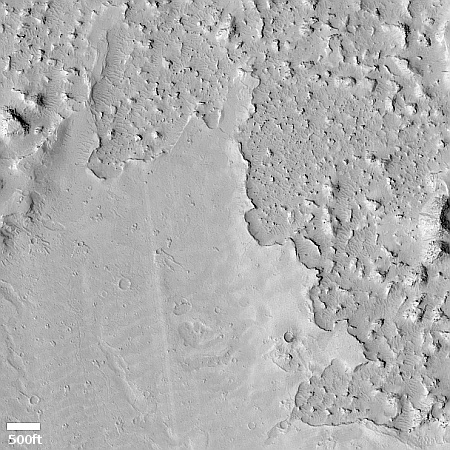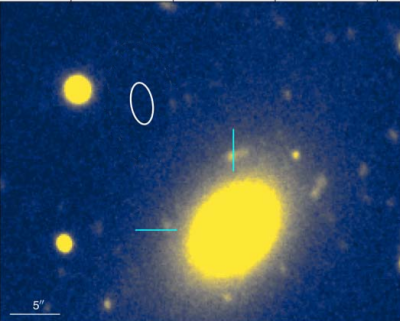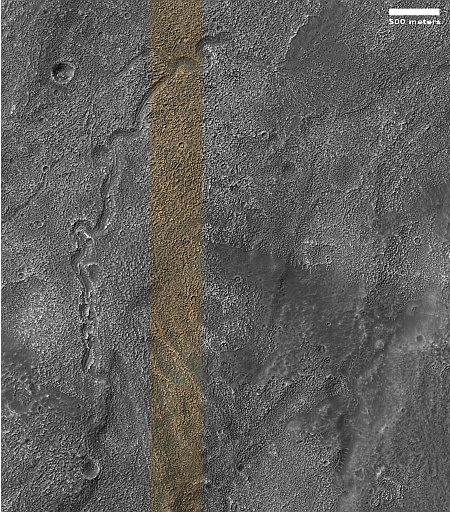China and SpaceX complete launches
Both China and SpaceX successfully completed launches since last night.
First, China placed a classified technology communications test satellite in orbit, its Long March 3B rocket lifting off from its Xichang spaceport in southwest China. No further details about the satellite were released. Nor did China’s state-run press provide any information about where the rocket’s lower stages and four strap-on boosters, all using very toxic hypergolic fuels, crashed inside China. UPDATE: One of the four strap-on boosters crashed next to a home.
Then SpaceX this morning launched 23 more Starlink satellites, its Falcon 9 rocket lifting off from Vandenberg in California. The first stage completed its 23rd flight, landing on a drone ship in the Pacific.
The 2025 launch race:
11 SpaceX
6 China
1 Blue Origin
Both China and SpaceX successfully completed launches since last night.
First, China placed a classified technology communications test satellite in orbit, its Long March 3B rocket lifting off from its Xichang spaceport in southwest China. No further details about the satellite were released. Nor did China’s state-run press provide any information about where the rocket’s lower stages and four strap-on boosters, all using very toxic hypergolic fuels, crashed inside China. UPDATE: One of the four strap-on boosters crashed next to a home.
Then SpaceX this morning launched 23 more Starlink satellites, its Falcon 9 rocket lifting off from Vandenberg in California. The first stage completed its 23rd flight, landing on a drone ship in the Pacific.
The 2025 launch race:
11 SpaceX
6 China
1 Blue Origin




